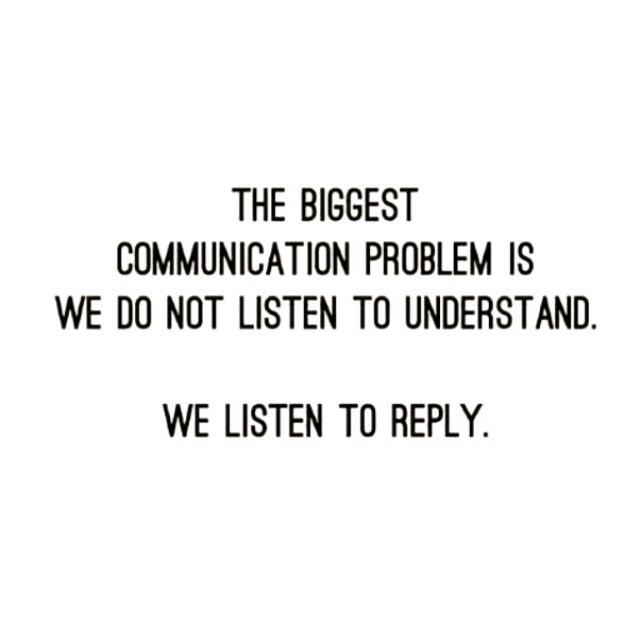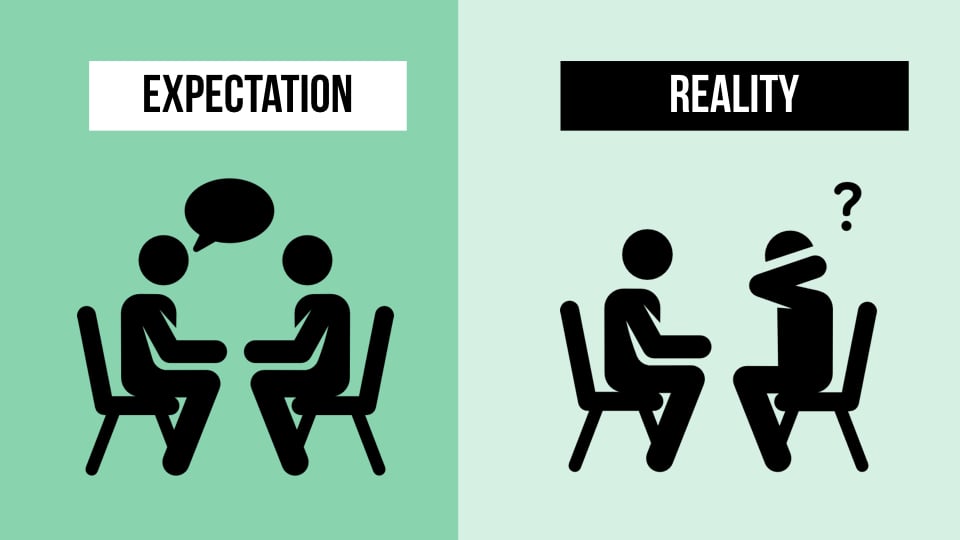

When we want to make a request, it is better if we do it politely. In the power point, she in put some videos about Offer and Request that she got from So guys, there are some expression to make polite request. The material is uploaded in week 6 posting. My lecturer has given us power point that we took from her blog. This week we were talking about Offer and Request. So, I have to improve my reading for that. Hm, I think what i've read is not enough as a literary student. The stories are "A Pair of Silk Socking" by Kate Chopan and "A Rose for Emily" by William Faulkner Even, I've made two essay about the story. Of course, I have read some stories till now. Now, I'm reading "hateship friendship courtship loveship marriage" by Alice Munro and I'll read Jumpa Lahiri's "Unaccustomed Earth" for my Final Task in Literary Criticism class. Of course, I take some class with many task to read novels and short stories. recently, i have decided that I'll take literature for my concentration. The novels which I read are "Alice Adventure in Wonder Land" by Lewis Caroll and "The Catcher in the Rye" by J.D Salinger. Some short stories which I remember is "Oval Portrait" by Edgar Allan Poe and "The Lottery" by Shirley Jackson. hehehe Then, in Prose class I read many short stories and 2 novels. May be I'll tell u in next post if I have remembered it. Actually I also read a short story, but i forget. The first novel that I remember is "Mathilda" by Roald Dhal in Introduction to Literary Studies. Actually in this post, I would like write how many novel and short story along time I'm in English Literature. This midterm, I just have two test in the class and the other mid take home and some tasks in group.

Check out these podcasts ( ) that discuss the different facets of actively listening and opening up conversations.OK guys, this is almost a half of my fifth semester in English Department. If you approach a conflict with a genuine concern to hear the other person's issues, they will become more comfortable, and it is more likely that they will let their guard down. The approach you decide to take will determine the type of information you will receive. Use open-ended questions. This encourages the speaker to say more.

It is important that the speaker knows that you not only listened, but also heard and understood them. Do this to understand better and clarify or to show the other person you are listening. Don't speak too soon and try not to interrupt the other person. How well can you read emotion? Test yourself.Īllow for silence. Give them time to say what they have to say (write it down if you are afraid you will forget it). Recognize your own prejudices, be objective. Put your personal opinions aside and respond in a way that simply says the speaker has been heard but not judged. See how people experience stress differently. Assumptions often get in the way of your understanding and reaching an agreement. Understand the other person. Try to put yourself in the other person's place so that you can see what he or she is trying to get at.Īvoid jumping to assumptions. Don't assume that you know the situation. Stop talking. You can't listen if you are talking.Ĭoncentrate on what the other person is saying. Actively focus your attention on the person's words, ideas and feelings related to the main ideas and not the illustrative material. Here are ways to become an empathetic listener. It may take practice, but it makes all the difference. Other Substances including Caffeine, Cannabis and Nicotine.Talk With Someone About Their Alcohol Use.Express Concern About Someone's Drinking Submenu.Help Someone Who Drank Too Much Submenu.Princeton Students' Reasons for Not Drinking.Individual and Community Health Risks from Alcohol.Recognizing & Responding to Students in Distress.Princeton Distress Awareness & Response Submenu.Warning Signs for Unhealthy Relationships.


 0 kommentar(er)
0 kommentar(er)
